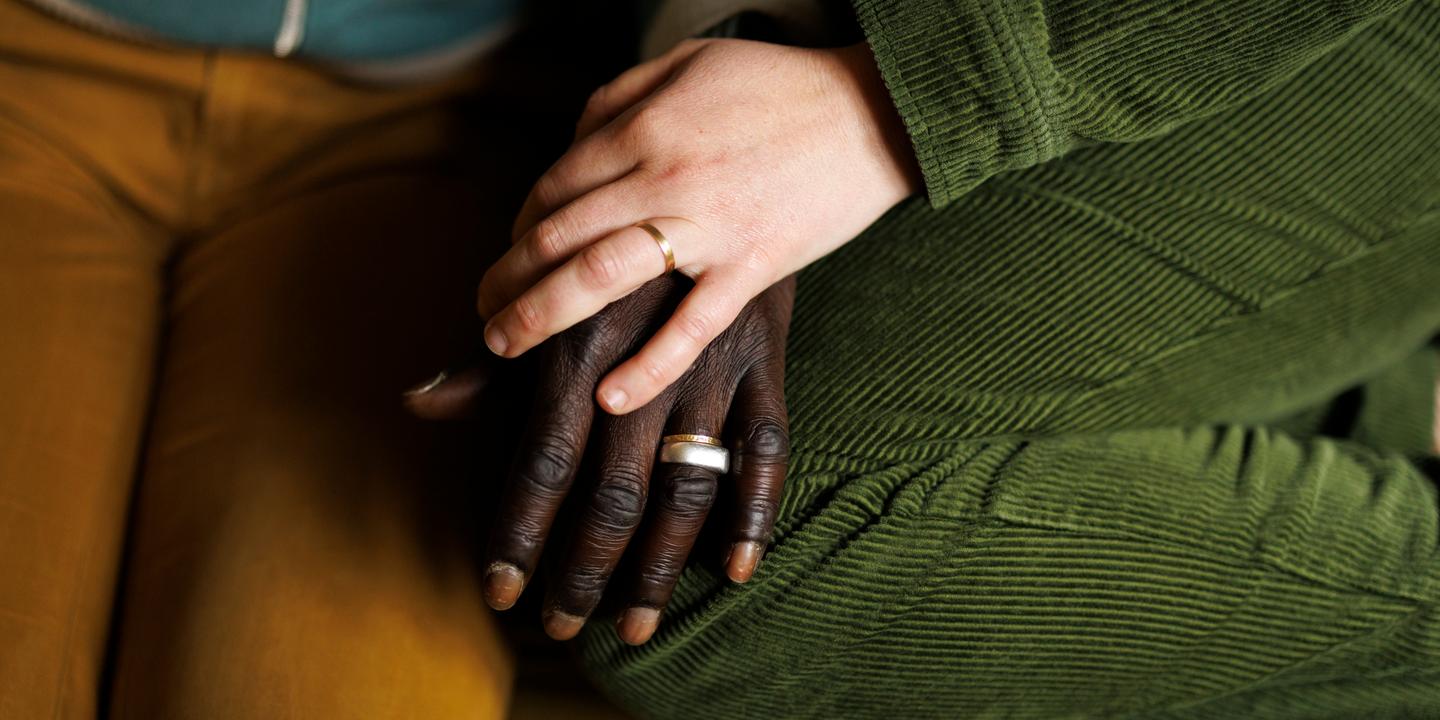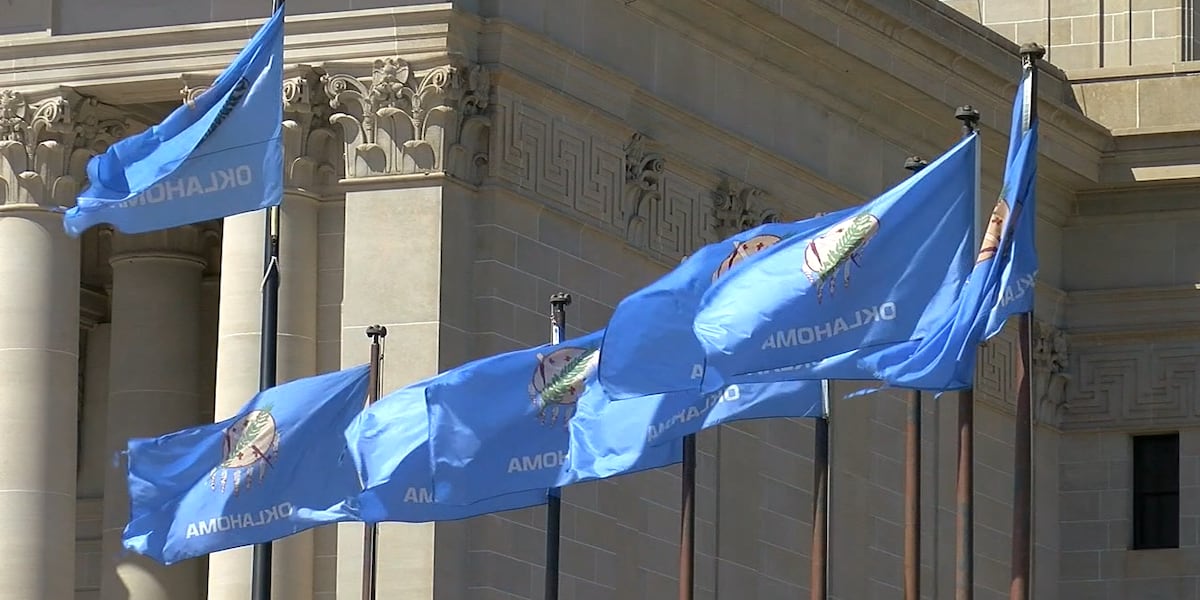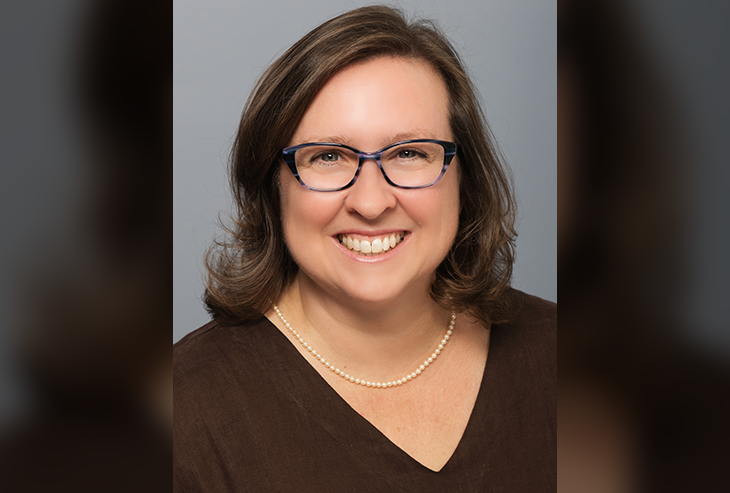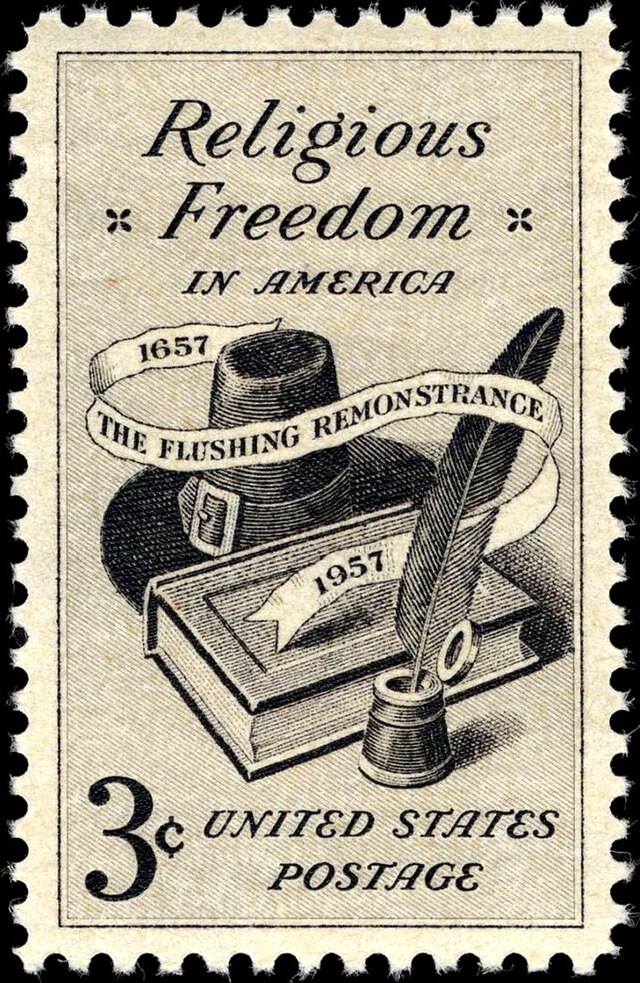Faith vs. Education: Supreme Court Wrestles with First-Ever Religious Charter School Bid
Religion
2025-04-30 12:53:42Content

In a groundbreaking legal battle, St. Isidore of Seville Catholic Virtual School is pushing the boundaries of educational funding and religious freedom, aiming to become the first religious charter school supported by public taxpayer dollars. The landmark case is now poised for a critical review by the U.S. Supreme Court.
This innovative school represents a potential turning point in the ongoing debate about the separation of church and state in public education. By seeking to establish a publicly funded Catholic virtual school, St. Isidore is challenging long-standing precedents about government support for religious institutions.
The Supreme Court's upcoming decision could dramatically reshape the landscape of educational funding and religious school options across the United States. If successful, the school could open the door for other religious institutions to create similar publicly funded educational programs.
Proponents argue that the school would provide high-quality education with a religious foundation, while critics express concerns about maintaining the constitutional separation between church and state. The case highlights the complex intersection of religious freedom, educational access, and public funding.
As the nation watches closely, the Supreme Court's ruling will likely have far-reaching implications for how religious schools can interact with public education funding in the future.
Supreme Court Poised to Decide: Can Religious Schools Access Public Funding?
In a groundbreaking legal challenge that could reshape the landscape of educational funding and religious liberty in the United States, St. Isidore of Seville Catholic Virtual School is pushing the boundaries of traditional charter school regulations, seeking unprecedented taxpayer support for a faith-based educational institution.A Landmark Case Challenging Educational Funding Boundaries
The Constitutional Crossroads of Education and Religious Freedom
The potential establishment of St. Isidore of Seville as the nation's first religious charter school represents a complex legal and philosophical confrontation between constitutional principles of church-state separation and educational accessibility. Legal experts anticipate that the U.S. Supreme Court's upcoming decision could fundamentally transform how public funds interact with religious educational institutions. Constitutional scholars have long debated the nuanced boundaries between government funding and religious organizations. This case presents a critical opportunity to reassess decades of precedent regarding educational funding mechanisms and First Amendment interpretations. The implications extend far beyond a single virtual school, potentially establishing a transformative legal framework for religious educational institutions nationwide.Navigating the Legal Landscape of Charter School Funding
Charter schools have traditionally operated within strict secular parameters, receiving public funding while maintaining independence from traditional public school systems. St. Isidore's proposal challenges these established norms by explicitly seeking taxpayer support for a faith-based educational model. The virtual school's approach represents a strategic legal maneuver that could potentially circumvent existing restrictions on religious school funding. By emphasizing educational quality and accessibility, the institution aims to demonstrate that religious affiliation need not compromise academic standards or public educational objectives.Potential Nationwide Implications
If the Supreme Court rules in favor of St. Isidore, the decision could trigger a seismic shift in educational funding policies across multiple states. Religious schools might gain unprecedented access to public resources, fundamentally altering the educational ecosystem and potentially opening doors for similar institutions to seek taxpayer support. The case highlights broader tensions between religious liberty, educational innovation, and constitutional interpretations. Legal analysts suggest that the court's decision will likely involve intricate considerations of precedent, contemporary educational needs, and evolving understandings of religious freedom.Technological Innovation and Educational Access
St. Isidore's virtual school model introduces an additional layer of complexity to the legal discussion. By leveraging digital platforms, the institution demonstrates how technological innovations can expand educational opportunities while challenging traditional institutional boundaries. The virtual format potentially offers more flexible and accessible educational experiences, particularly for students in underserved communities. This technological approach could become a compelling argument in favor of broader funding considerations for alternative educational models.Public Opinion and Societal Perspectives
Public sentiment remains deeply divided on the potential implications of this case. Supporters argue that religious schools can provide high-quality education and deserve equal funding opportunities, while opponents express concerns about maintaining strict separation between church and state. The Supreme Court's decision will likely spark intense national dialogue about the role of religious institutions in public education, potentially reshaping long-standing assumptions about educational funding and constitutional interpretations.RELATED NEWS
Religion
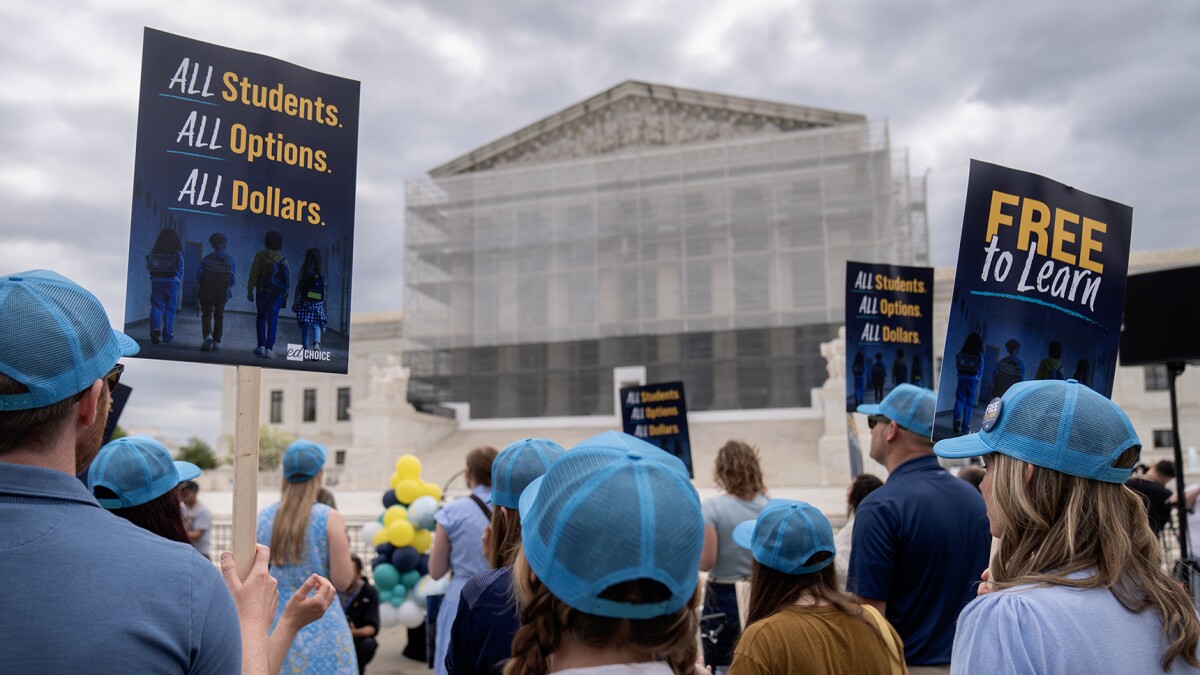
Faith and Education Collide: Supreme Court Signals Breakthrough for Religious Charter Schools
2025-04-30 21:50:48
Religion
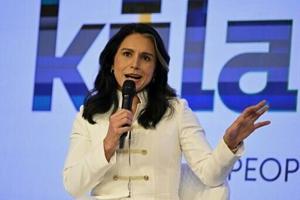
Diplomatic Tensions Flare: Bangladesh Slams US Intelligence Chief's Comments on Religious Unrest
2025-03-18 07:31:35
Religion

Breaking Point: LGBTQ Clergy Battles Reshape Presbyterian Church's Future
2025-04-08 04:01:00
